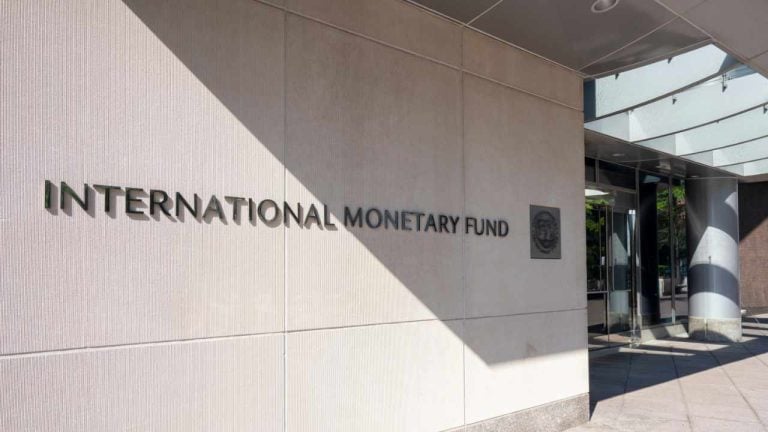IMF Economist Warns of Side Effects From Sharp Monetary Policy Tightening — Says Financial Risks Have Increased

The International Monetary Fund’s (IMF) economic counselor has warned of the side effects of sharp monetary tightening. Noting that “Inflation is much stickier than anticipated,” he stressed that “financial risks have risen.”
IMF Economist’s Warning
Pierre-Olivier Gourinchas, Economic Counsellor and the Director of Research of the International Monetary Fund (IMF), shared his global economic outlook in a blog post published by the IMF Tuesday.
“The economic slowdown is most pronounced in advanced economies. Inflation is falling more slowly than anticipated,” he wrote. “Recent banking instability reminds us, however, that the situation remains fragile. Once again, downside risks dominate and the fog around the world economic outlook has thickened.” He added:
Inflation is much stickier than anticipated, even a few months ago … Core inflation, which excludes energy and food, has not yet peaked in many countries.
The IMF economist noted that “activity shows signs of resilience as labor markets remain very strong in most advanced economies,” adding that “our output and inflation estimates have been revised upwards for the last two quarters, suggesting stronger-than-expected aggregate demand.” He stressed: “This may call for monetary policy to tighten further or to stay tighter for longer than currently anticipated.”
While stating that he is “unconvinced” about the “risk of an uncontrolled wage-price spiral,” the IMF economic advisor said:
More worrisome are the side effects that the sharp monetary policy tightening of the last year is starting to have on the financial sector, as we have repeatedly warned might happen. Perhaps the surprise is that it took so long.
The IMF economic advisor explained that the financial sector had become too complacent about maturity and liquidity mismatches due to a prolonged period of low-interest rates and muted inflation. However, the tightening of monetary policy caused losses on long-term fixed-income assets and raised funding costs.
“Recent banking instability reminds us, however, that the situation remains fragile. Once again, downside risks dominate and the fog around the world economic outlook has thickened,” he described, elaborating:
We are therefore entering a tricky phase during which economic growth remains lackluster by historical standards, financial risks have risen, yet inflation has not yet decisively turned the corner.
What do you think about the view of the IMF’s economic counselor and the director of research? Let us know in the comments section below.



